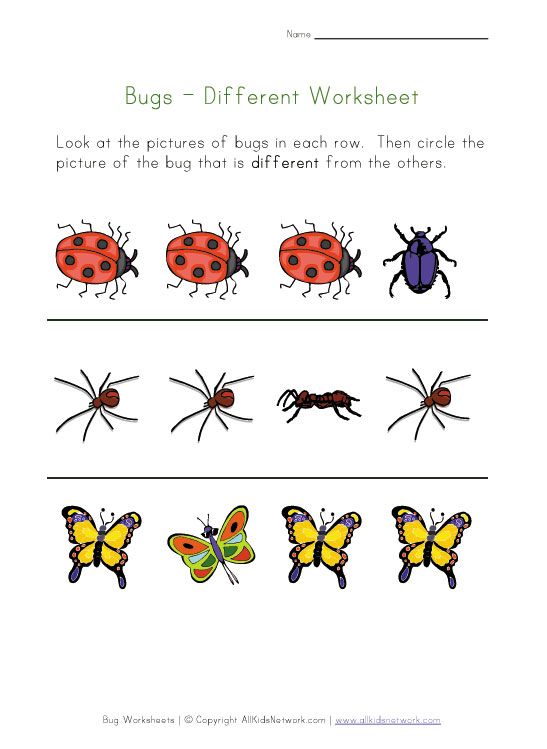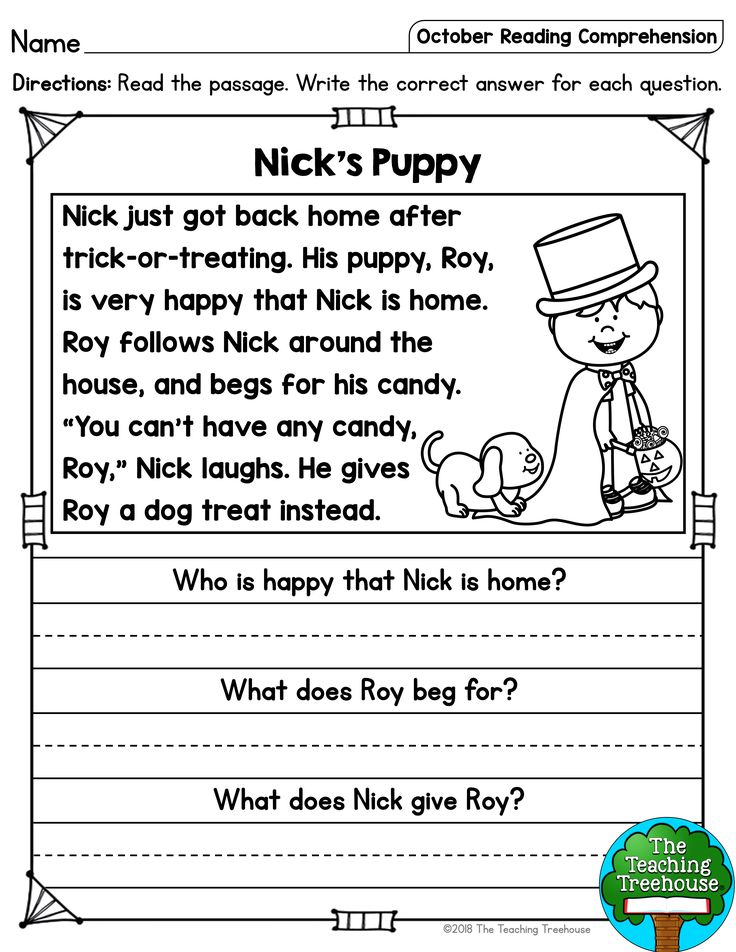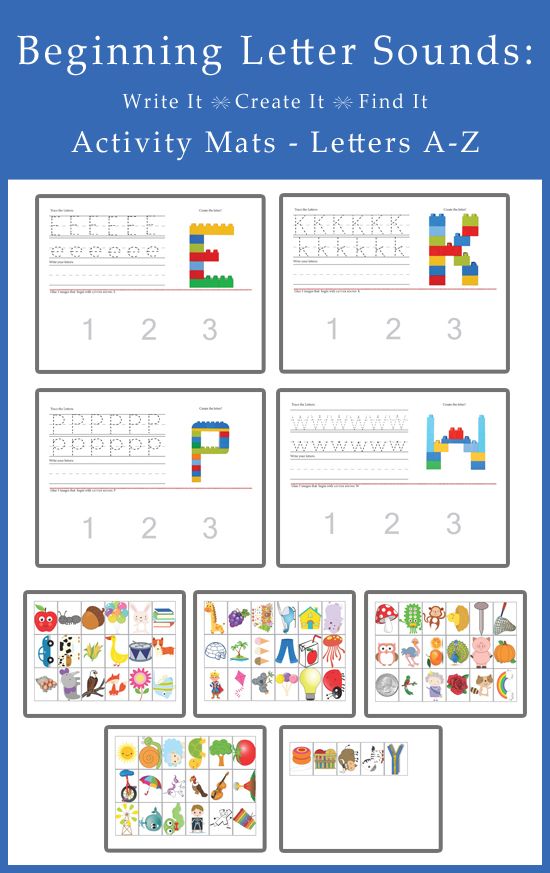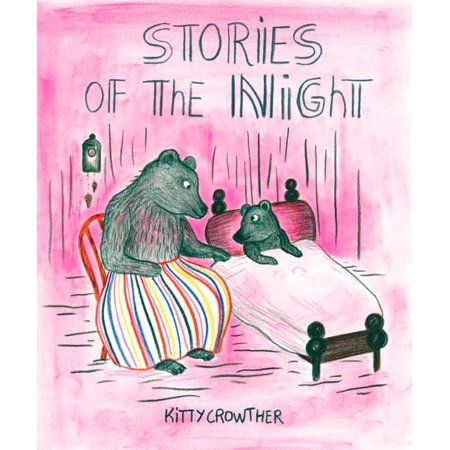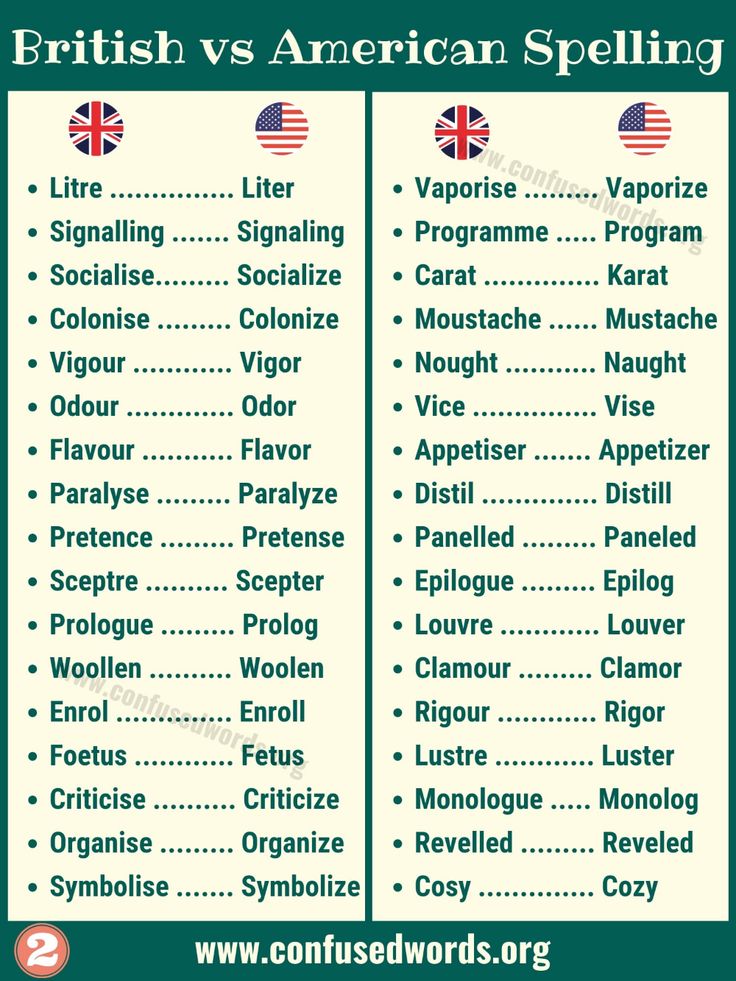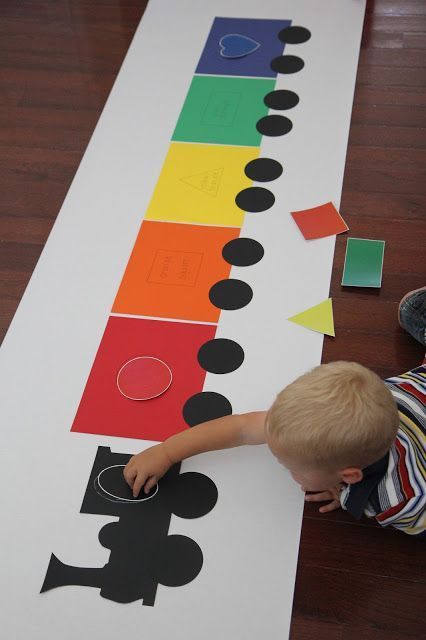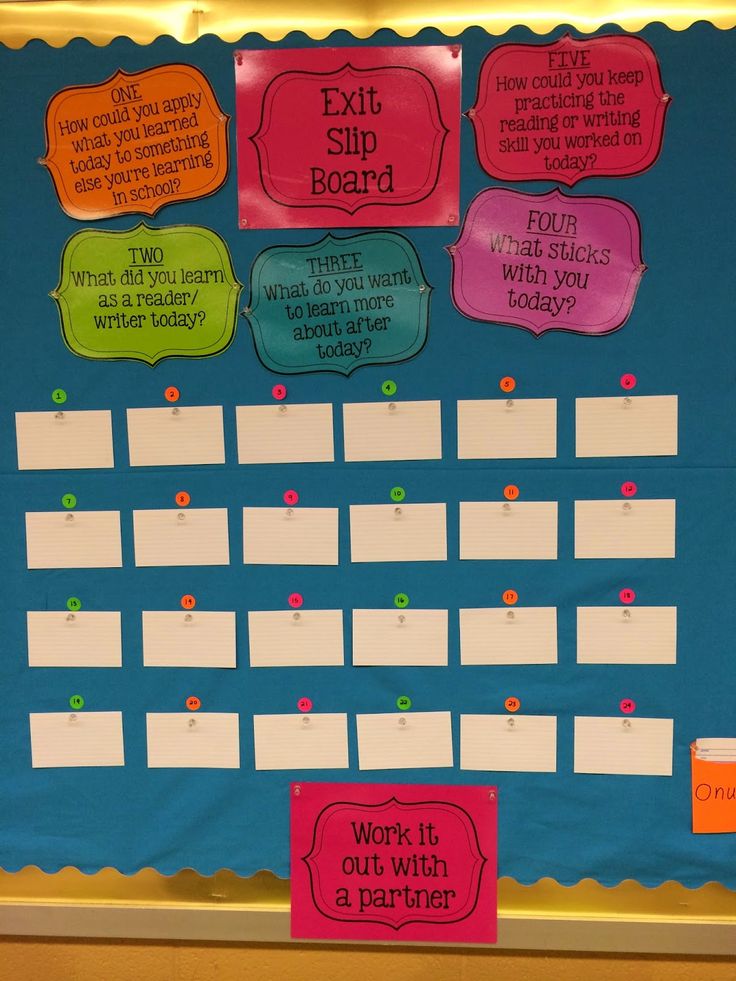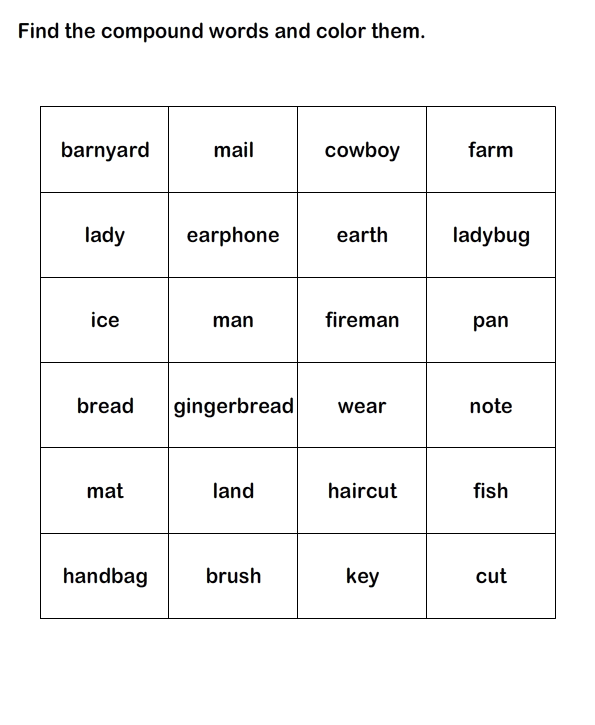Bug stories for preschoolers
Bug Books for Little Learners
Creepy, crawly, slimy, squirming… bugs! Let’s learn about these creepy crawlies with these bug books for little learners!
Ants, grasshoppers, and beetles are just a few of the bugs your readers will find in these books. With summer right around the corner, this is the perfect theme to study.
Along with discovering the variety of beetles, butterflies, and other critters, your little learners will be able to practice their math, color, and singing skills.
Let’s jump, wiggle, and crawl our way to the best list of bug books!
This Post Contains Affiliate Links
Bugs! Bugs! Bugs!
Everywhere you look, you see bugs! Have your little learners discover and point out where to find all of the bugs. From ants to grasshoppers.
Beetle Bop
Get to singing with your class and this fantastic bug book! Your little learners will be eager to learn all about bugs with this catchy song.
The Itsy Bitsy Spider
A classic song and tale I had to include. With this song and the one above, there will be some fantastic bug dancing taking place in your classroom.
Caterpillar to Butterfly
The transformation from caterpillar to butterfly is a miracle to watch. Thanks to National Geographic, you can get a close-up look at each step that transforms a wiggly bug into a flying piece of artwork.
A Bee’s Life
Buzz… buzz. The life of a honey bee is a busy one. Show your little learners what it’s like in the day of the life of a bee with this bug book that has some incredible photographs.
Wonderful Worms
Even those slimy words need a little appreciation and respect. This book gives little learners a reason to love them and all that they do.
A Beetle is Shy
There are so many different kinds of beetles. From the ladybug to the flea beetles, every beetle is unique in its own way.
There Was an Old Lady Who Swallowed a Fly
“I don’t know why she swallowed a fly… perhaps she’ll die!” This is where it all started with that old lady.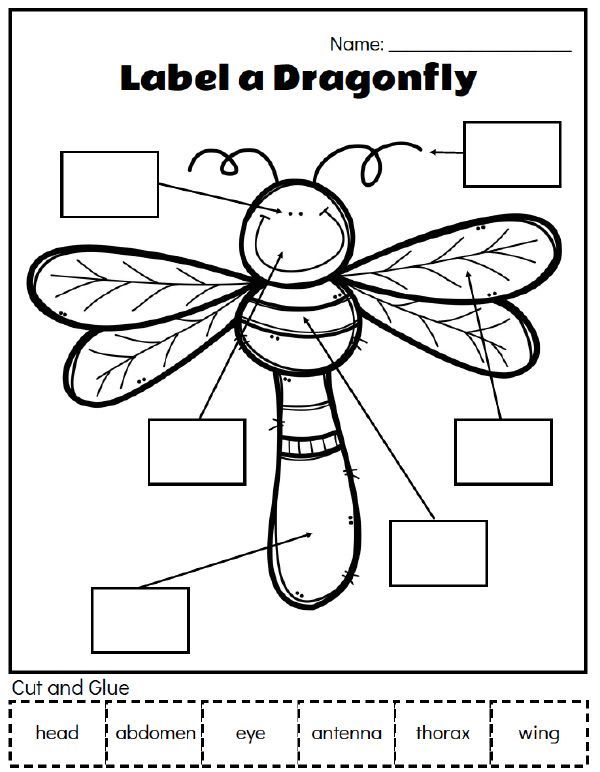 A must-have classic for every classroom.
A must-have classic for every classroom.
The Ants Go Marching
When it starts to rain the ants go marching to find shelter. This book has die-cut holes to show how the ants live in the ground. Adorable!
Ants
National Geographic captured photos that will take your breath away. I wonder how they captured photos in such small quarters.
Shoo Fly!
Follow along as a mouse tries to shoo a fly that is very persistent. This is a silly story about one pesky little bug.
Waiting for Wings
When your little learners start asking you about butterflies, read them this book. It will give them answers to all of those butterfly questions.
Look Closer: Bugs
Bugs sure are interesting little critters. All you need to do is take a look at these photos that show all of the details of bugs. Along with the photos the book gives some interesting facts on bugs and their lives.
Ten Little Ladybugs
As readers count along… the ladybugs seem to fly away.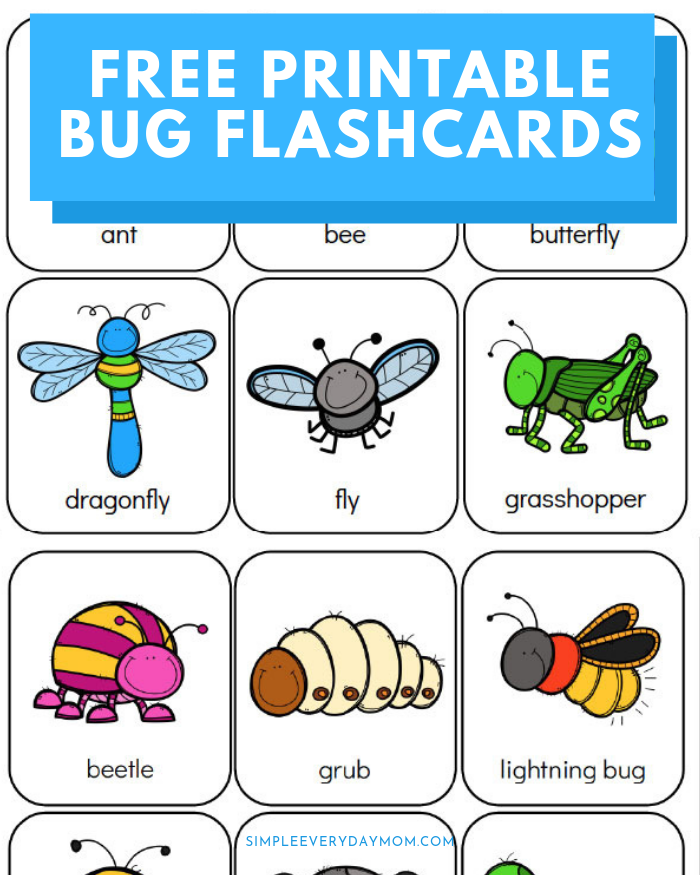 But there is a surprise at the end of this bug book!
But there is a surprise at the end of this bug book!
I Love Bugs
There are a million reasons to love bugs. Some make honey… and others light up! Why do your little learners love bugs?
The Very Busy Spider
Spider is so busy building her web, not even the animals on the farm can distract her from a very important job… building her spider web. I love this book because the web is textured, which makes it a hands-on book for readers.
The Very Hungry Caterpillar
Those caterpillars are sure hungry! Kind of reminds me of a few little learners… get your readers to share their favorite things to eat.
Monarch Butterfly
Now here is my type of bug! The beautiful, colorful, and intriguing monarch butterfly. Read this book to your little learners to spark a love of these little creatures.
Bug Dance
Get those bodies moving with a little help from this bug book. Do the bug boogie with your little learners and wait for the giggles to begin.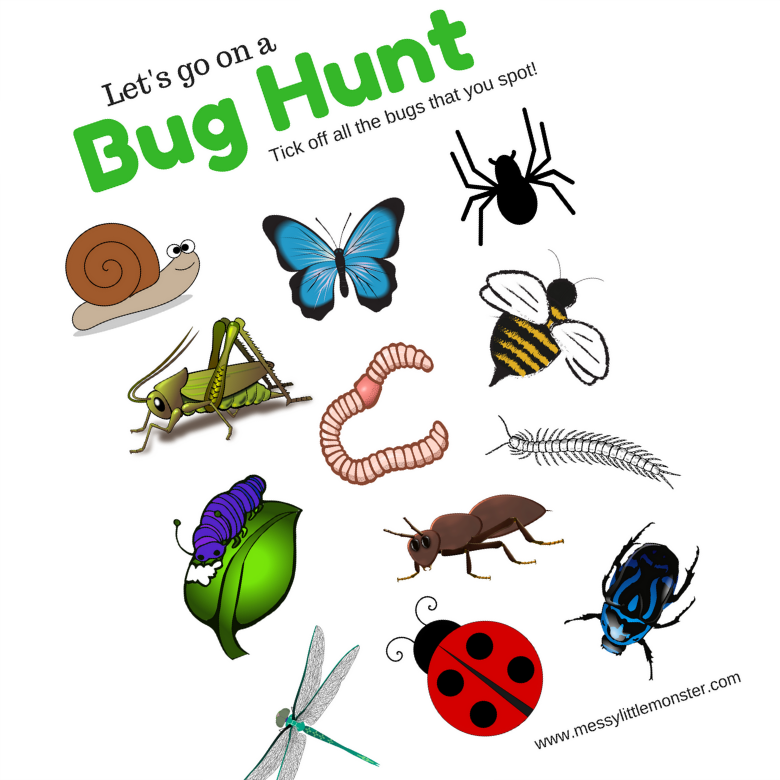
The Very Lonely Firefly
This bug book highlights the joy that fireflies bring with their blinking lights. With the push of a button Eric Carle’s illustrations light up!
The Grouchy Ladybug
Ladybugs look so friendly… so why is this one so grouchy? Get your little learners to guess before the start of the book.
Inch by Inch
This little worm loves to measure everything in site! Inch by inch. Readers will be pulled in by this classic bug book.
From Caterpillar to Butterfly
This educational science book takes readers along as a caterpillar transforms into a beautiful butterfly.
The Best Bug Parade
Take advantage of all the bugs to start practicing those math skills. Don’t forget to stop along the way and take note of all the unique designs on each bug.
The Very Quiet Cricket
Everyone knows crickets for their chirping sounds… so why is this cricket so quiet?
The Very Clumsy Click Beetle
When a click beetle gets stuck on his back, he can’t seem to get back on his feet.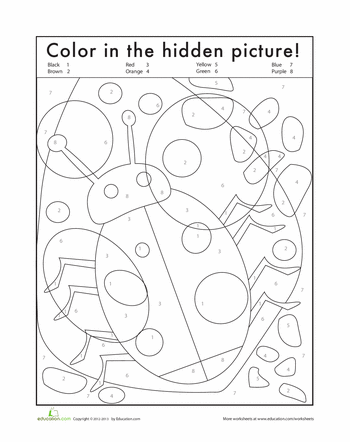 But with a little courage and determination…. will he be able to do it?
But with a little courage and determination…. will he be able to do it?
So now let me help you with some AMAZING Bug and Insect Math & Literacy Centers (with tons of real photographs)! I’ve done all the creating for you that way you can just print and prep.
How do bug books help your little learners? I can get my students to hop, sing, and learn while reading these fantastic books. Share your favorite bug stories with us in the comments below!
Want more to check out more of my favorite books for little learners? Check out my Book List Blog Series with over 33 different themed book lists (and growing)! If there is a book list for a theme you need just let us know so we can create it for you.
19 Books About Bugs for Kids
Spring isn’t quite here but it’s never the wrong time of year to read and learn about bugs. Here are some of our favorite books about bugs.
Bugs Bugs Bugs! by Bob Barner is a good book for little ones interested in bugs, but not ready for a full nonfiction science book.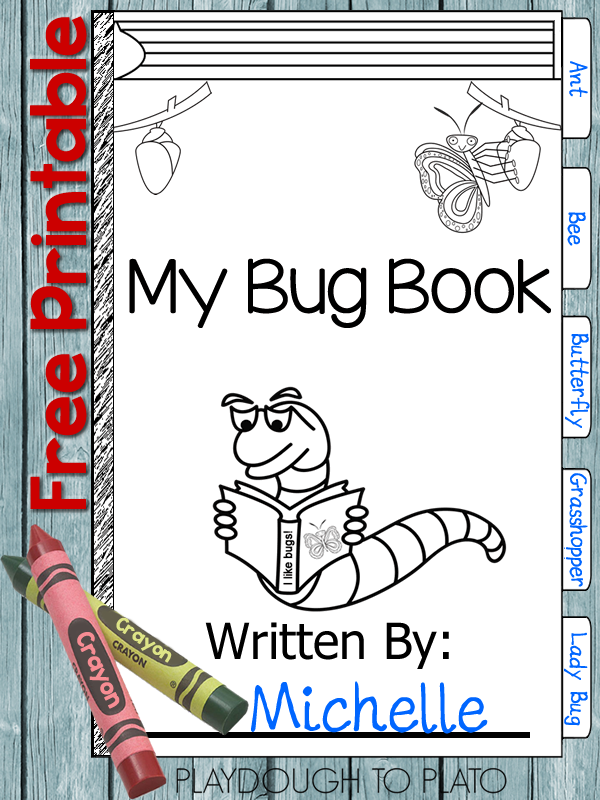 The book gave interesting facts about the various bugs introduced. But, the coolest part of the book is the page with the life-size illustrations of all the bugs. The illustrations are bright and fun and the length is perfect for toddlers and young preschoolers.
The book gave interesting facts about the various bugs introduced. But, the coolest part of the book is the page with the life-size illustrations of all the bugs. The illustrations are bright and fun and the length is perfect for toddlers and young preschoolers.
An Ant’s Day Off by Bonny Becker is an interesting tale about an ant who has lived his whole life never seeing the sky or anything beyond the tunnels he works. Until one day he decides to take the day off. The text was a little long for my son who kept flip flopping on my bed. But he didn’t want me to close the book either. The story was solid, though. My favorite part was when he tried to return to his tunnel and the guard he expected to give him heck? Was supportive and shared that he too has taken a day off.
Ace Lacewing: Bug Detective by David Bierdrzycki is such a fun read. I started it thinking it would go over my son’s head but he sat listening to it the whole time.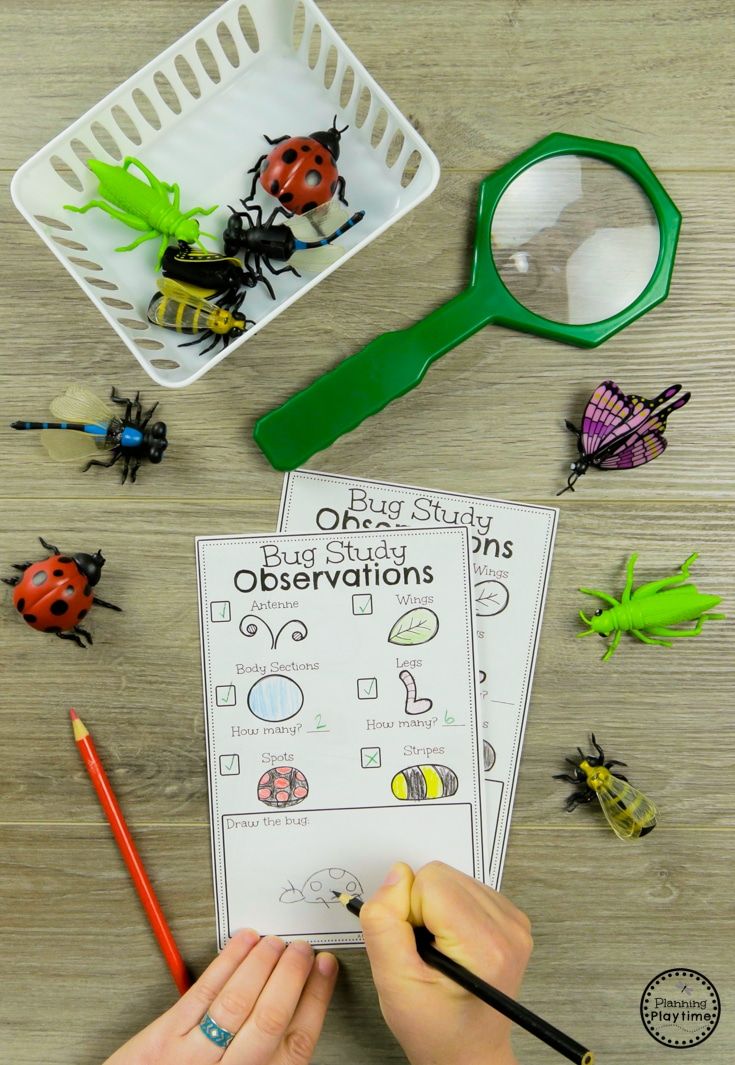 The mystery begins with a missing Queen bee and will have you guessing who is behind her disappearance as Ace tries to solve it. There was a lot of humor that was lost on my then 2-year-old. But the fun Dick Tracy like illustrations kept him happy while I snickered at the jokes he missed. Very fun read for kids that aren’t yet ready for a chapter book but outgrowing pictures ones.
The mystery begins with a missing Queen bee and will have you guessing who is behind her disappearance as Ace tries to solve it. There was a lot of humor that was lost on my then 2-year-old. But the fun Dick Tracy like illustrations kept him happy while I snickered at the jokes he missed. Very fun read for kids that aren’t yet ready for a chapter book but outgrowing pictures ones.
Percival the Plain Little Caterpillar by Helen Brawley is one of my son’s favorite books right now, due to the fact that there are shiny and shimmery pictures throughout! The story does leave something to be desired. The message seems to be that being plain is bad and the only fix for poor Percival is when he turns into a beautiful butterfly! When reading this to my class I would often interject with questions to my students about what they thought was cool about Percival, and that combated the undesirable message that you have to be beautiful to be worthy.
Bob and Otto by Robert O.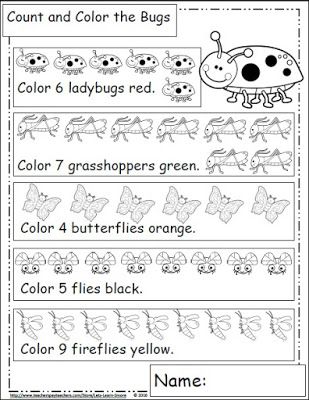 Bruel is a lovely story about 2 friends who must part ways, in this case, because one is a caterpillar who needs to build a chrysalis and the other an earthworm who needs to dig deep into the ground. What I like about this book is that it goes on to explain that the earthworm’s digging is vital for the trees to grow so that the caterpillar can eat the leaves and turn into a butterfly. I like the lesson about how we all play a part!
Bruel is a lovely story about 2 friends who must part ways, in this case, because one is a caterpillar who needs to build a chrysalis and the other an earthworm who needs to dig deep into the ground. What I like about this book is that it goes on to explain that the earthworm’s digging is vital for the trees to grow so that the caterpillar can eat the leaves and turn into a butterfly. I like the lesson about how we all play a part!
The Crunching Munching Caterpillar by Sheridan Cain is another story about a caterpillar who is not happy about his lot in life. There is a fair bit of language that some parents would object to. This caterpillar hears often that he is too fat to fly. So that poses a few challenges to parents like myself who are trying to instill healthy body images as well as using respectful words with others in our children. I have dealt with this book in two ways. First by saying that the caterpillar is getting fat. But that’s a good thing for him.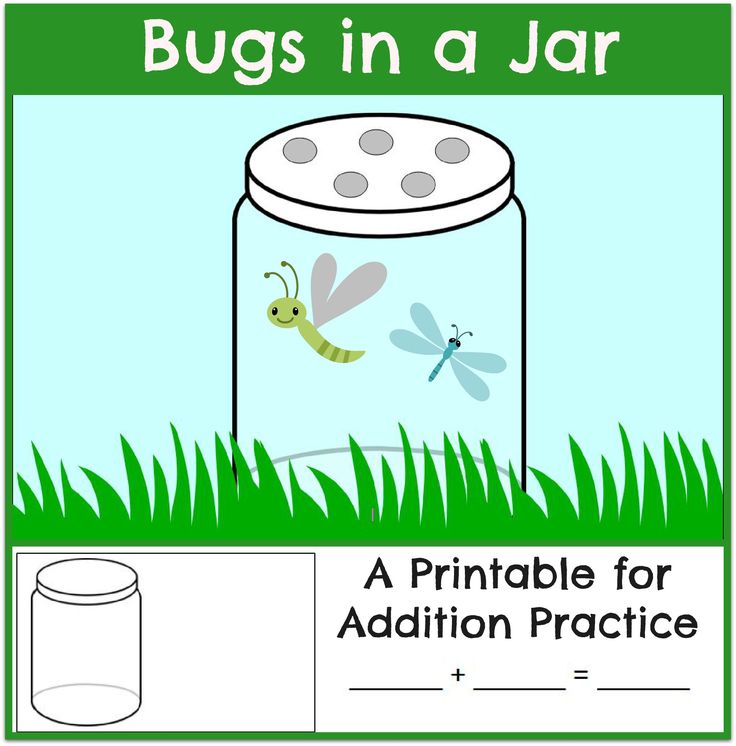 That he will be able to sleep for a long time in his chrysalis and needs that fat to live. Also, I have simply replaced fat with big, a word that is much less ugly to many people’s ears.
That he will be able to sleep for a long time in his chrysalis and needs that fat to live. Also, I have simply replaced fat with big, a word that is much less ugly to many people’s ears.
The Grouchy Ladybug by Eric Carle is more than a cute book about a crabby bug. The Ladybug is looking for a fight. Each hour she finds a bigger and bigger animal to fight with until a whale slaps her unintentionally! I loved using this book to teach telling time, as there is a picture of an analog clock on each page. I would use a play clock and as I read each page ask one child to come and set our classroom clock. Also, don’t be put off by the fact that the ladybug tries to pick fights. No animal takes her up on her offer. You can spin that into a great lesson about not giving into people who are trying to pick fights.
The Very Busy Spider was a favorite of my son’s from the get-go. We have the board book edition and what I love about it, is that the spider web in it is raised and offers a sensory element to reading the story.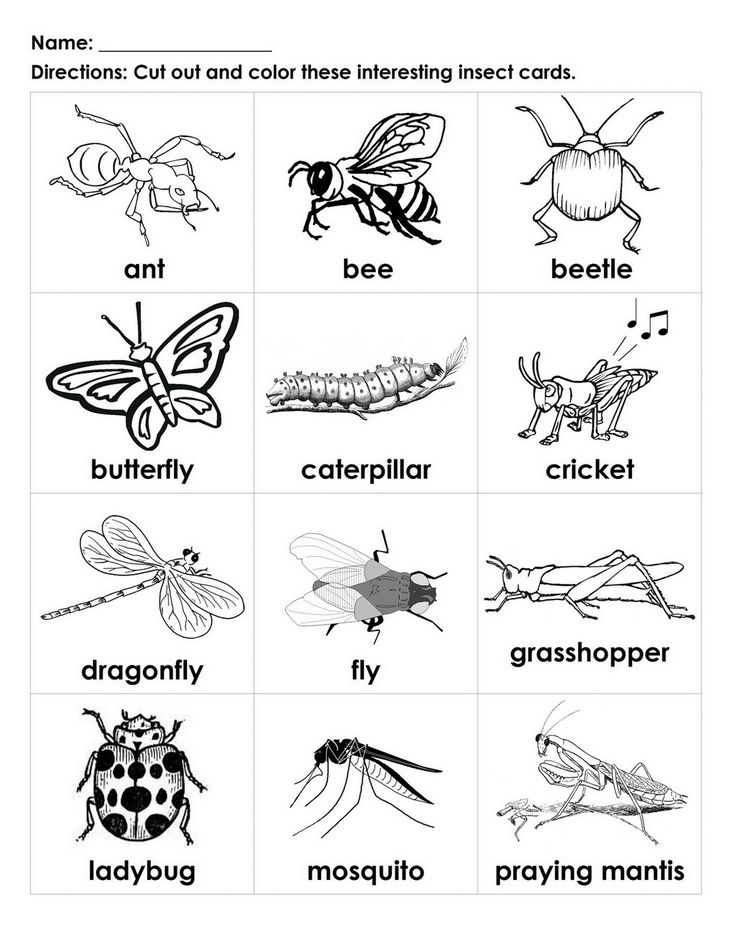 This is a story of hard work, persistence, and also helps reinforce animal sounds. Perfect for toddlers!
This is a story of hard work, persistence, and also helps reinforce animal sounds. Perfect for toddlers!
The Very Hungry Caterpillar by Eric Carle is a classic, that most preschool teachers like myself can recite from memory. It really is a fantastic book. Not only does it explain the life cycle of a caterpillar/butterfly. But it is also useful for a lesson about the day of the week and healthy eating! It was a childhood favorite of mine and if the fact that he fell asleep holding his “Pillar” is any indication. It is already one of my son’s favorites too!
The Very Lonely Firefly by Eric Carle is one of my son’s favorite books to read before bed. Not so much because of the story but because the board book version has flashing lights at the end! The story is all about a firefly looking for another firefly but mistaking all different light for a friend. Toddlers love this book because it gives them a chance to be bossy and say “No that’s a flashlight” to the firefly.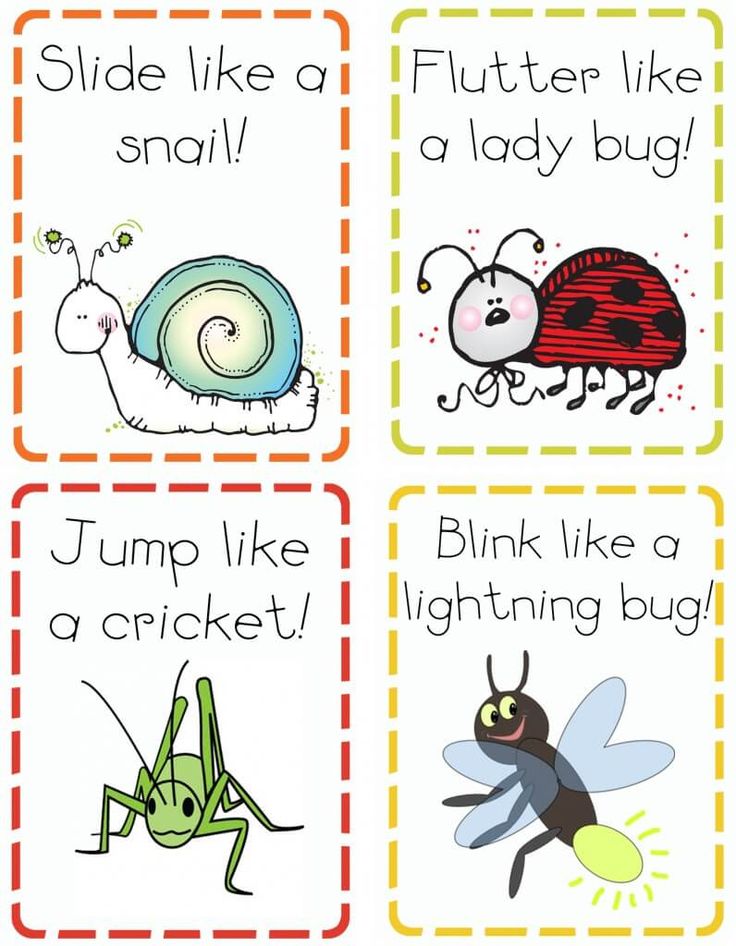 The text is the right length for little guys but not boring for older kids. I need to mention the little lights are really quite magical in a dark bedroom. Especially if you are in a place that doesn’t have fireflies!
The text is the right length for little guys but not boring for older kids. I need to mention the little lights are really quite magical in a dark bedroom. Especially if you are in a place that doesn’t have fireflies!
The Very Quiet Cricket by Eric Carle is another favorite the story is all about a little cricket who is trying and trying to chirp like the others to talk to all the bugs talking to him but he can’t! Whenever I read it to children ( and it was a classroom favorite too) I would wiggle my shoulders like I was trying to rub my wings together just like the cricket. Kids latched on to that and I loved seeing them so engaged by the repetitive but never boring book. I thought that seeing 12 little 3-year-olds wiggling was precious but one little 3-year-old is pretty cute doing it too! Of course, there is a “surprise” at the end that toddlers and preschoolers alike will love.
Diary of a Spider by Doreen Cronin is a very clever book with some pretty funny bits of humor.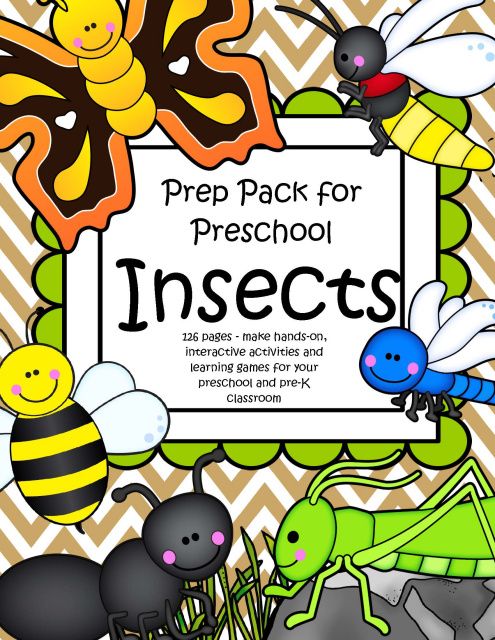 Older preschoolers will love it. The overall theme is that spiders aren’t all nasty and that they have fears too. What a great lesson for kids that are at the age where they are not as eager to share their fears because they don’t want to look weak or unable to handle things themselves.
Older preschoolers will love it. The overall theme is that spiders aren’t all nasty and that they have fears too. What a great lesson for kids that are at the age where they are not as eager to share their fears because they don’t want to look weak or unable to handle things themselves.
Beetle Bop by Denise Fleming is a beautifully illustrated book with a melodic rhyming text and fantastic descriptive words. Color-saturated pages feature images from a bug’s prespective. So feet, birds, and lizards all seem huge to the reader. They start to see what it might be like to be so small! It was very reminiscent of Honey, I Shrunk the Kids My son loved this book and so did I!
From Caterpillar to Butterfly by Deborah Heligiman is part of my favorite nonfiction for kids series “Let’s Read and Find Out Science”. I always grab these books at garage sales and thrift stores. In this edition, you follow a classroom of students observing a caterpillar as it metamorphosis into a butterfly.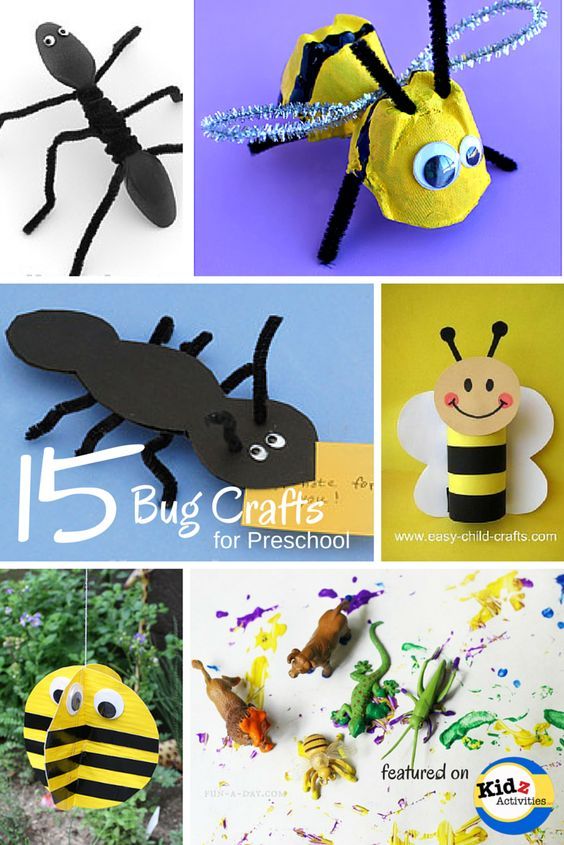 A classic spring activity for preschool age children to discover and learn about life cycles. Also a perfect match for your own Insect Lore Live Butterfly Garden which I highly recommend and will be doing this year with my son. Reading nonfiction with your preschoolers is important as it teaches them seamlessly that writing and reading is not just for stories but for information too.
A classic spring activity for preschool age children to discover and learn about life cycles. Also a perfect match for your own Insect Lore Live Butterfly Garden which I highly recommend and will be doing this year with my son. Reading nonfiction with your preschoolers is important as it teaches them seamlessly that writing and reading is not just for stories but for information too.
Miss Spider’s Abc Book by David Kirk has the most vivid and beautiful illustrations. The text is simple and flows well. However, the value is in the illustrations. They cover all sorts of bugs and are so bright that they will appeal to your child!
Beetle McGrady Eats Bugs! by Megan McDonald isn’t really too much about bugs, it’s really about overcoming fears. Beetle McGrady wants to be a fearless pioneer and she sets out to prove that by eating an ant. She doesn’t quite reach her goal, at least not right away. I liked how Beetle was disappointed in herself and instead of continuing to sulk when an opportunity to try again arose, she took it.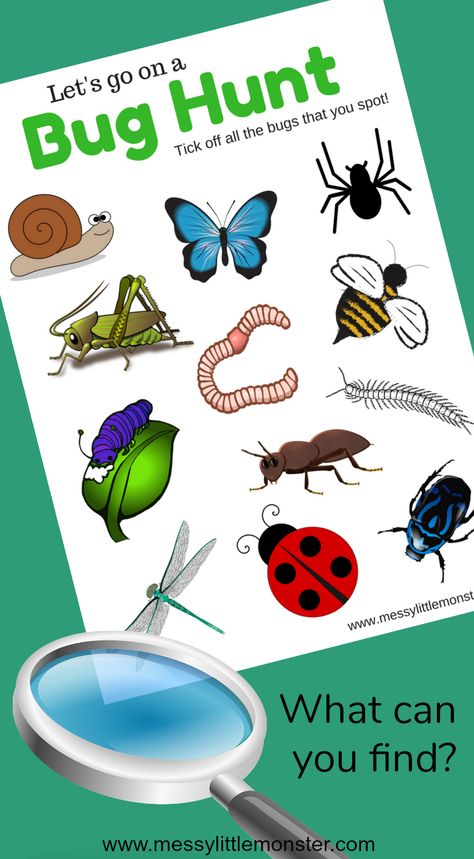
Two Bad Ants by Chris Van Allsburg is a very interesting story of two ants who decide not to return to the colony and hang out in a sugar bowl eating instead. Of course, nothing is as it seems and they have quite an adventure trying to avoid all the dangers of a kitchen. Only realizing in the end that being a part of a colony isn’t so bad! This is a cute book for preschoolers. They will love trying to guess what each new adventure the ants face really are… They include a toaster, hot coffee, and an electrical outlet.
Buzz by Eileen Spinelli is a really sweet tale about a little bee who loves everything about being a bee, especially flying! When she finds out that bees should actually not be able to fly? She lost the confidence in herself and her favorite thing about being a bee. Luckily that is not where this adorable tale ends and your children will love it. My son came running into the kitchen where I was reading this to my daughter who screamed at me until I let her hold the book so she could touch the adorable little bee.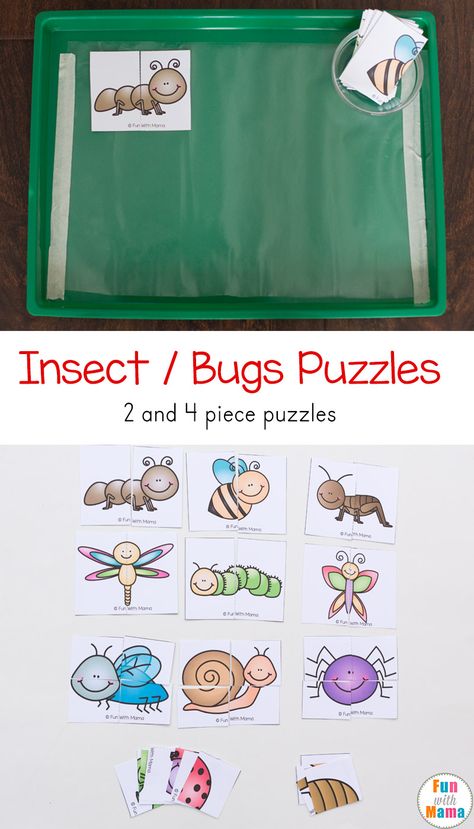
I Love Bugs!by Phileomon Sturges is a rare find. Though listed as fiction but I consider it as nonfiction. But it is really a great factual book about bugs for older toddlers/young preschoolers. It is really hard to find simple, short books that include facts and this one is perfect. It doesn’t go into the life cycles of butterflies or how lightning bugs light up. But it does use descriptive words with bright and charming illustrations. Great for the under 3 crowd, and useful for older kids too!
What are your favorite books about bugs?
For more quick tips on helping your child learn to read check out my book; Raising A Rock-Star Reader. Get loads of fun ideas for families, book lists, and advice for parents.
Psychological mistakes of parents in the upbringing of preschool children - Children's fairy tales to read at night
Contents
- 1 Psychological mistakes of parents in the upbringing of preschool children
- 1.
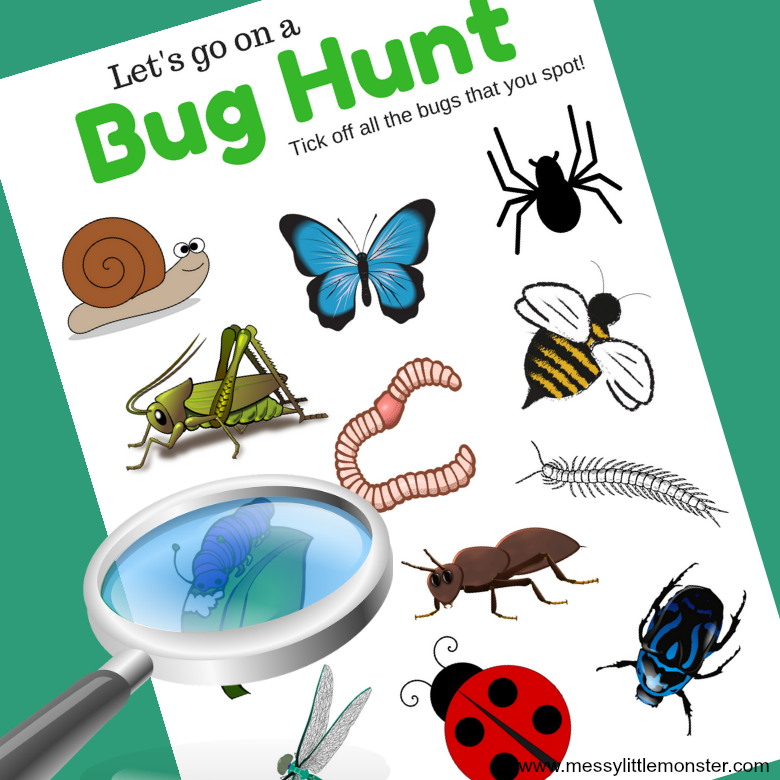 1 Error one - a promise not to love anymore
1 Error one - a promise not to love anymore - 1.2 Error too second - indifference 1.300 - a lot of strictness
- 1.
- 1.4 Mistake four - children should be pampered
- 1.5 Mistake five - an imposed role
- 1.6 Mistake six - money
- 1.7 Error seventh - Napoleonic plans
- 1.8 Error eight - too little affection
- 1.9 Error nine - Your mood
- 1.10 Tenth error - too little time to raise a child
- 1.11 Psychological errors of parents in the upbringing of preschoolers
- 1.11. 1 Popular fairy tales of his own composition:
- 1.11.2 Similar fairy tales:
A child is a guest in your house. Feed, learn and let go.
Indian proverb.
It would be good for parents to remember: a child is given to us for a while, on credit.
All parents make mistakes from time to time. But is it always better to learn from the mistakes of others?
The first mistake is a promise not to love again
"If you don't be the way I want, I won't love you anymore.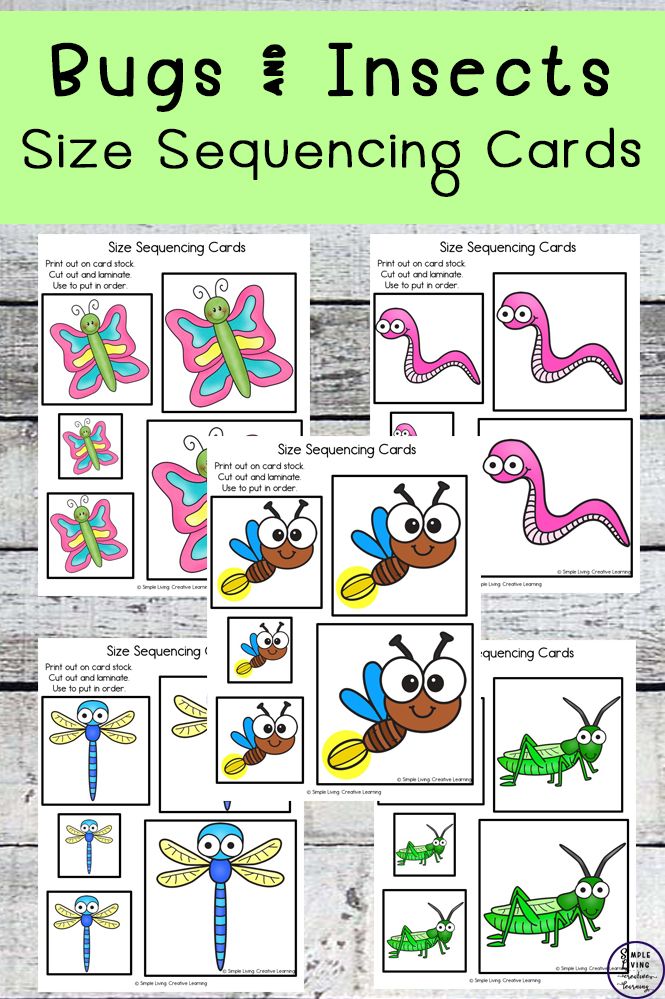 " Why do children so often argue about any of our requests? Maybe they are doing it to spite us, what to do? Call for common sense? Yes, they just do not hear what adults tell them. Threaten? It doesn't work anymore. They use a kind of trump card: "Now mommy will no longer love you."
" Why do children so often argue about any of our requests? Maybe they are doing it to spite us, what to do? Call for common sense? Yes, they just do not hear what adults tell them. Threaten? It doesn't work anymore. They use a kind of trump card: "Now mommy will no longer love you."
Psychologists' opinion:
A promise not to love your baby anymore is one of the most powerful means of education. However, this threat is usually not carried out. And children perfectly feel falseness. Having deceived once, you can lose the child's trust for a long time - the baby will perceive you as deceitful people.
It is much better to say: "I will still love you, but I do not approve of your behavior."
Second error - indifference
"Do whatever you want, I don't care." Why stress? Arguing, looking for arguments, proving something to the baby, getting nervous? The child must learn to solve his own problems. And leave us alone.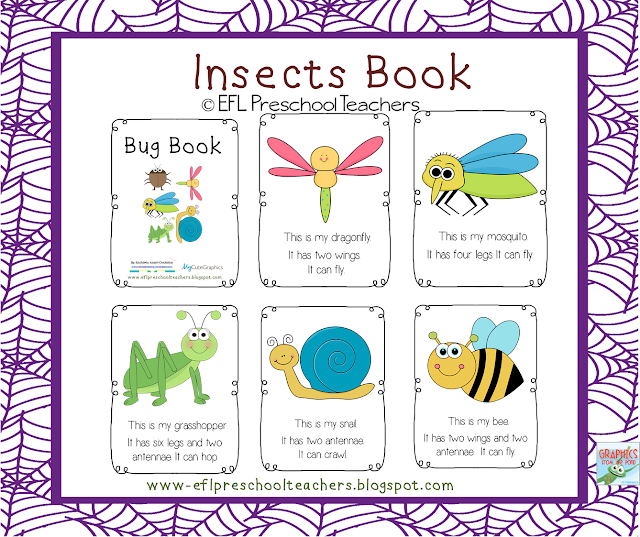
Psychologists' opinion:
Never show your child that you don't care what he does. The baby, sensing your indifference, will immediately begin to check how "real" it is. And, most likely, the test will consist in committing acts that are inherently bad. Therefore, instead of ostentatious indifference, it is better to try to establish friendly relations with the child.
You could say, for example: “You know, I completely disagree with you on this issue. But I want to help you because I love you. Anytime you need it, you can ask me for advice."
Error three - too much strictness
"You have to do what I told you, because I'm the head of the house." Children should obey their elders implicitly - this is the most important principle in education. It does not matter how old the child is - 6 or 16 years old. Children should not be given concessions, otherwise they will finally sit on our necks.
Psychologists' opinion:
Children must understand why and why they do something.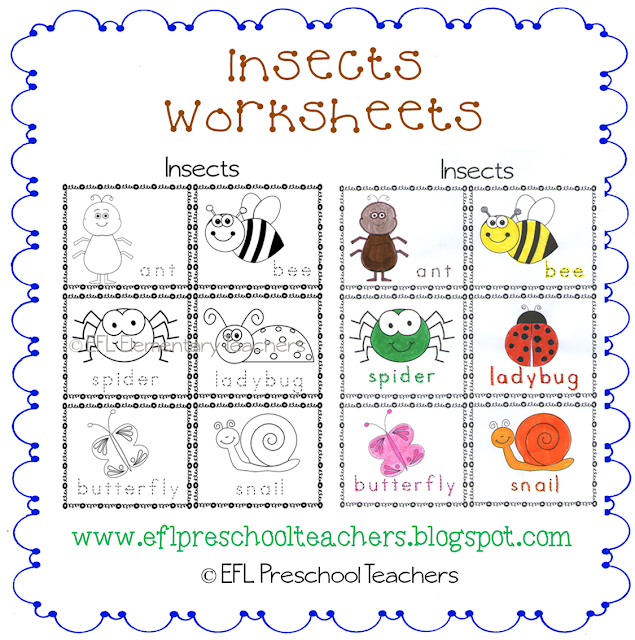 Too strict upbringing, based on principles that are not always clear to the child, resembles training. A child can unquestioningly do everything when you are around, and "spit" on all prohibitions when you are not around.
Too strict upbringing, based on principles that are not always clear to the child, resembles training. A child can unquestioningly do everything when you are around, and "spit" on all prohibitions when you are not around.
Fourth mistake - children should be pampered
“Perhaps I will do it myself. My baby can't do it yet." We are ready to do everything for our baby, because children should always get the best. Childhood is such a short time, so it must be beautiful. Moral teachings, failures, dissatisfaction - it is in our power to save the kids from all difficulties and troubles. It is so nice to guess and fulfill any desire of the child.
Psychologists' opinion:
Spoiled children have a very hard time in life. Believe me, when parents remove literally every pebble from the baby's path, this does not make the child feel happier. “Try to do it yourself, and if it doesn’t work out, I’ll be happy to help you,” is one of the options for a wise attitude towards a daughter or son.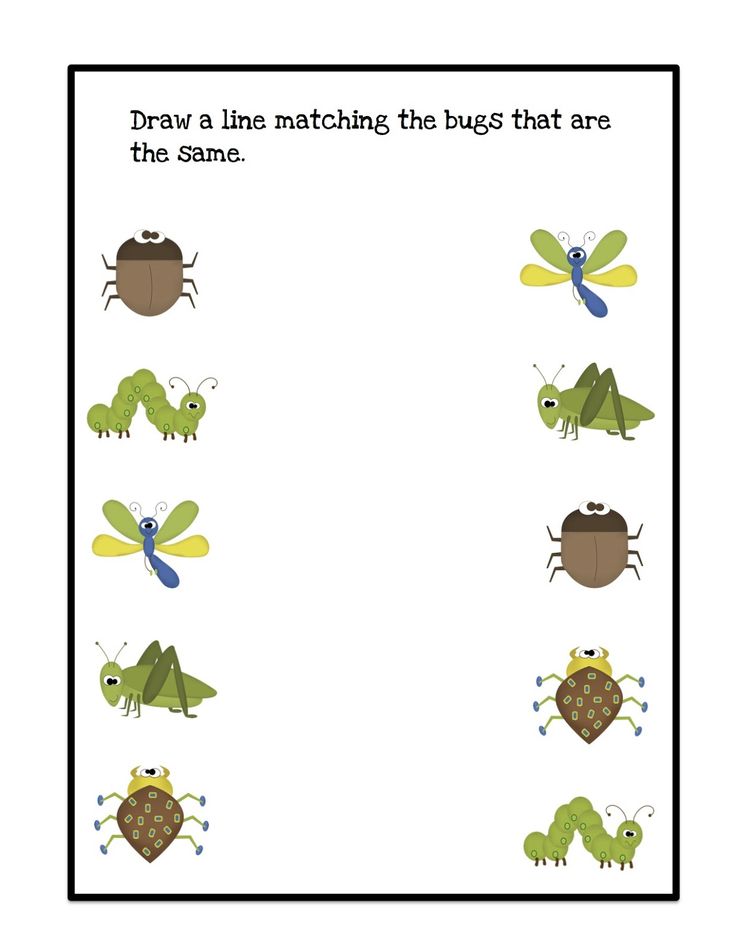
Fifth mistake - an imposed role
"My child is my best friend." A child is the main thing in our life, he is so smart, you can talk with him about everything. He understands us, just like a real adult.
Psychologists' opinion:
Children are ready to do everything to please their parents, because father and mother are the most important people in the world for them. Toddlers are even ready to plunge into the complex world of adult problems, instead of discussing their interests with their peers. But at the same time, their own problems remain unresolved.
Sixth error - money
"More money - better education." We are too tight on funds, so we cannot even afford to pamper the child, we constantly have to refuse him everything, he wears old things, etc. In a word, if we had more money, we would be better parents.
Psychologists' opinion:
Money can't buy love - it sounds rather banal, but it's true.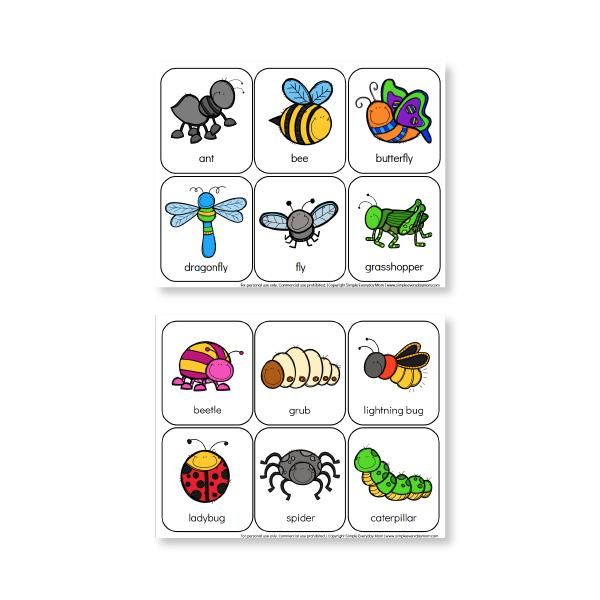 It often happens that in families with low incomes, adults do everything so that the child does not need anything. In fact, love, affection, joint games and leisure time spent together are much more important for the baby than the contents of your wallet. And, if you look at it, it's not money that makes a child happy, but the realization that he is the BEST for you .
It often happens that in families with low incomes, adults do everything so that the child does not need anything. In fact, love, affection, joint games and leisure time spent together are much more important for the baby than the contents of your wallet. And, if you look at it, it's not money that makes a child happy, but the realization that he is the BEST for you .
Seventh error - Napoleonic plans
"My child will play music (tennis, painting), I won't let him miss his chance." Many adults dreamed of doing ballet, learning to play the piano or playing tennis as children, but they never had the opportunity. And now the main goal of dads and moms is to give children the best education.
Psychologists' opinion:
Unfortunately, children do not always appreciate the efforts of their parents. And often a brilliant future, drawn by adults in their imagination, is shattered by the complete unwillingness of the child to engage in, say, music.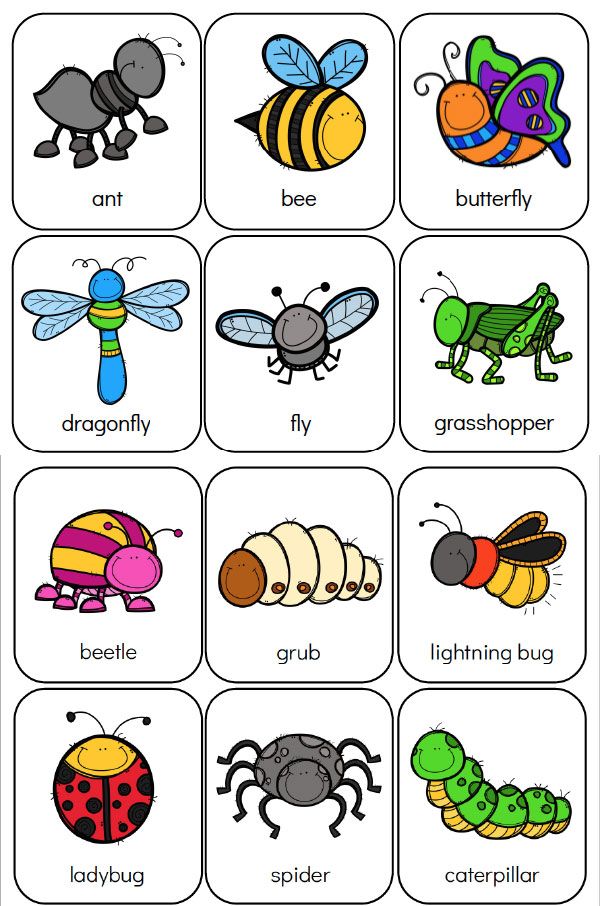 Filling your child's day with necessary and useful activities, do not forget to leave him some time for personal affairs.
Filling your child's day with necessary and useful activities, do not forget to leave him some time for personal affairs.
Eighth mistake - too little affection
"Kissing and other tenderness is not so important for a child." Caress your little sister? What nonsense! Many adults believe that caresses in childhood can lead to sexual orientation problems later on.
Opinion of psychologists:
Children of any age strive for affection, it helps them feel loved and gives confidence in their abilities. But remember, the desire to caress must still in most cases come from the child himself . Don't force your love on your children actively - it can alienate them.
Error nine - your mood
Parents' behavior depends on their mood. Troubles at work, bad relationships in the family, how often adults "let off steam" on a child. It is enough then to invite the baby and buy the long-promised toy, and everything will be in order.
Psychologists' opinion:
Parents should show their child that they are pleased with his good deeds and upset by his bad ones. This creates in children a consciousness of the steadfastness of life values. When adults, for the sake of their egoism and mood, allow something today, and prohibit it tomorrow, the child can understand only one thing: it doesn’t matter what I do, the main thing is what mood my mother has.
Mistake ten - too little time to raise a child
"Unfortunately, I don't have time for you at all." Many adults are very busy at work, but they try to spend every free minute with their children: they take them to the garden and school, cook for them, wash, buy everything they need. Children should themselves understand that parents simply do not have time to play and read with them.
Opinion of psychologists:
Adults often forget a simple truth - if you have already given birth to a child, you need to find time for him.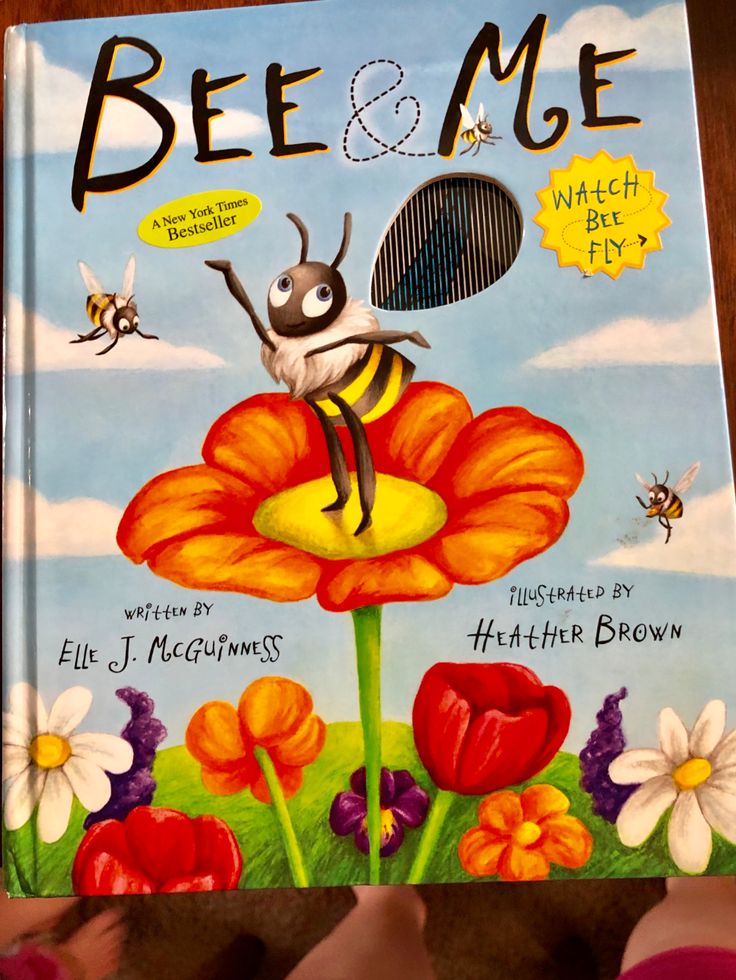 Even if your day is scheduled by the minute, find half an hour in the evening (quality is more important than quantity in this matter) to sit by the baby’s bed, talk to him, tell a story or read a book. The little one needs it.
Even if your day is scheduled by the minute, find half an hour in the evening (quality is more important than quantity in this matter) to sit by the baby’s bed, talk to him, tell a story or read a book. The little one needs it.
Psychological errors of parents in raising preschool children
Material for the lesson “Tale with errors”
Material published
39
#PUSHIAL #Application Click to download Publication
in MS WORD (*.DOC) format
File Size: 16.11 Kb
Story with Errors
Students are asked to listen to the story and find the errors. This type of activity can be used when conducting extracurricular activities or when repeating material in the classroom.
An interesting morning
When I woke up, I remembered that I had agreed with Tolya to go to the river to watch the ice drift.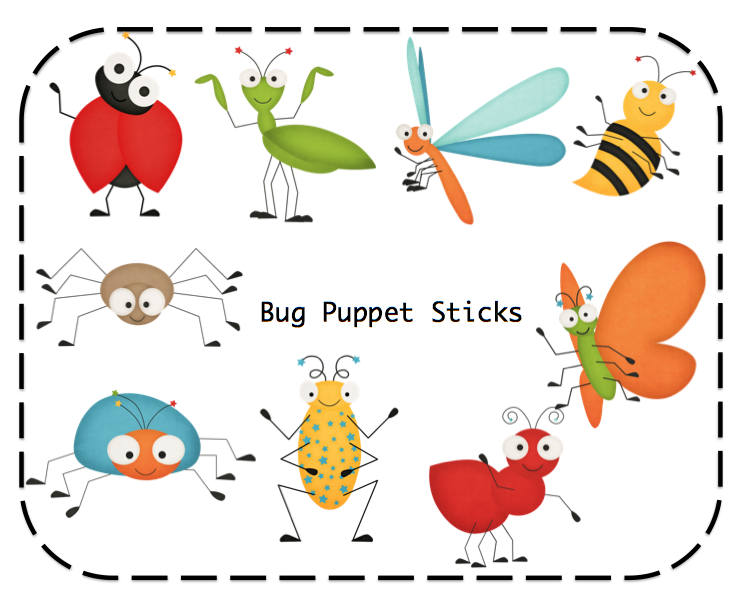 The sun had just risen, and the whole room was filled with bright light. I ran to the window and gasped: yesterday the whole sky was covered with leaden clouds, the air seemed damp and heavy, but today it is so transparent, as if weightless. From the fifth floor, I could clearly see the fields beyond the outskirts. There the snow had already completely melted, many streets of the city had also cleared, and only on the roofs of the houses the snow still lay in gray islands. Glancing at the barometer, I noticed that the pressure had dropped noticeably overnight.
The sun had just risen, and the whole room was filled with bright light. I ran to the window and gasped: yesterday the whole sky was covered with leaden clouds, the air seemed damp and heavy, but today it is so transparent, as if weightless. From the fifth floor, I could clearly see the fields beyond the outskirts. There the snow had already completely melted, many streets of the city had also cleared, and only on the roofs of the houses the snow still lay in gray islands. Glancing at the barometer, I noticed that the pressure had dropped noticeably overnight.
I looked at my watch: half past seven, and the meeting is scheduled for eight, I must hurry. Turning on the stove and putting the kettle on, he made the bed, washed his face with cold water with pleasure. Arriving in the kitchen, I discovered that the tile was cold - burned out. I had to remove the damaged part of the spiral and put the kettle back on. However, now it heats up much more slowly. In order not to be late, I drank milk and hurried to the meeting place.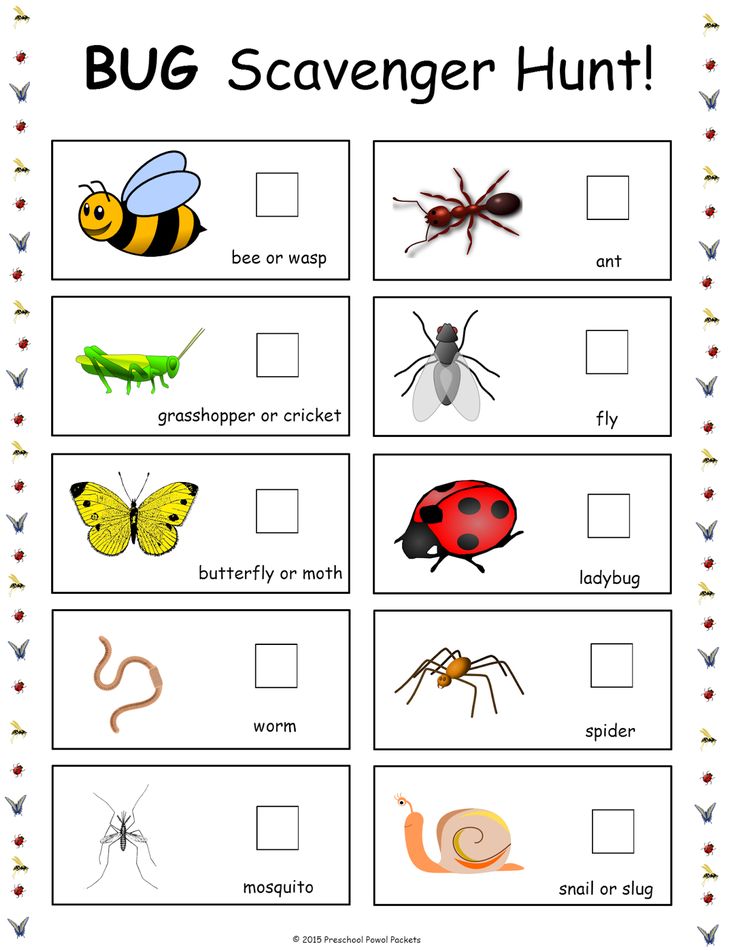
Tolya was already there. Our path lay through a large wasteland. As soon as we crossed it, our attention was drawn to a truck with a trailer stuck in the snow. In the back, on a wooden stand in the form of a sleigh, there was a large machine. The driver turned forward and reverse alternately, unsuccessfully trying to move the car from its place: only snow flew from under the wheels, twisting in a spiral. Forgetting about the river, we began to observe. One of the workers suggested moving the machine to a trailer. Wielding crowbars like levers, they quickly rolled the machine. The driver gave gas, and the car started off easily. And we went further, but soon stopped again to protect our eyes from harmful ultraviolet radiation, we found fragments of window glass and began to look through them at the arc flame. We were carried away by this occupation, we came very close. "What voltage is used to power the arc?" - I thought and immediately remembered that for a small electric arc that the teacher showed us, he took a voltage of about 60 V.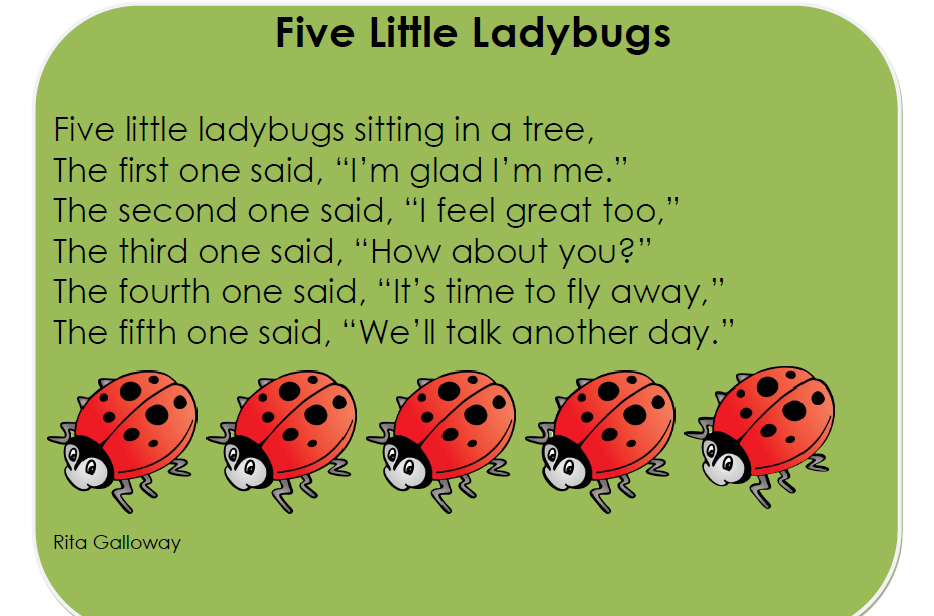 Here, probably, it was at least 1000V. Realizing this, I involuntarily stepped back and pulled Tolya by the sleeve. “Oh, we'll never get to the river like that,” he said. I looked at the shadows from the objects. By the way they lengthened, I realized that at least two hours had passed, and that, therefore, it was already about ten. It was too late to go to the river. But we were not upset: this morning there were already many interesting things.
Here, probably, it was at least 1000V. Realizing this, I involuntarily stepped back and pulled Tolya by the sleeve. “Oh, we'll never get to the river like that,” he said. I looked at the shadows from the objects. By the way they lengthened, I realized that at least two hours had passed, and that, therefore, it was already about ten. It was too late to go to the river. But we were not upset: this morning there were already many interesting things.
The following errors were made in the story.
1.When the weather changes for the better, atmospheric pressure does not fall, but rises.
2. The snow first melts on the roofs of houses, and then on the fields outside the city.
3. Removing part of the hotplate coil increases its power and the water in the kettle will warm up faster.
4. Snow particles flying out from under the wheels of the car move tangentially to the circle, and do not twist into a spiral.
5.Moving the machine from the body to the trailer will only worsen the situation: the friction force between the wheels and the ground will only decrease, as the pressure force will decrease.
6. The voltage used in electric welding is small - only a few tens of volts, but the current reaches several thousand amperes.
7. Until noon, the shadows from objects are shortened.
Literature
Journal "Physics at School", No. 4, 2005
Posted by in the Physics Teachers group
change sorting
Zabelina Margarita Vladimirovna, 05/13/17 at 12:33 5ReplyComplain
I also use stories with errors in the lesson, but I don't have that option.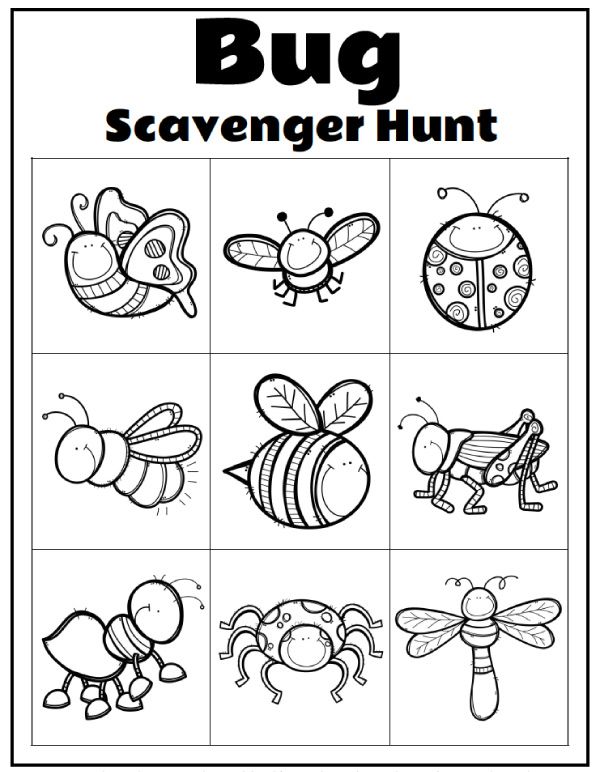 I took note. Thank you!
I took note. Thank you!
Vlasova Natalia Nikolaevna, 05/21/17 at 12:54 5ReplyComplain
I like texts with mistakes from Lomonosov tournaments.
Zabelina Margarita Vladimirovna, 05/21/17 at 13:38 4 Reply Complain
Thank you for the information, Natalia Nikolaevna! I'll definitely take a look.
Elena Sergeevna, 05/25/17 at 22:40 1ReplyComplain
Where can I find them, Natalia Nikolaevna?
Vlasova Natalia Nikolaevna, 05/26/17 at 04:34 1ReplyComplain
In replyElena Sergeevna
Tournament im. M.V. Lomonosov is held by Moscow State University and they print all the materials every year. There is also an archive of tasks on the Internet. Part of the tasks "text with errors" in physics is located in the "history" section.
Elena Sergeevna, 05/26/17 at 12:06 1ReplyComplain
V otvetvlasova Natalia Nikolaevna
Thank you
Sinyak Tatyana Ivanovna 6ReplyComplain
Thank you for your attention to the material!
Takhtarakova Valentina Anatolyevna, 08/23/18 at 03:09 6ReplyComplain
Wonderful material.